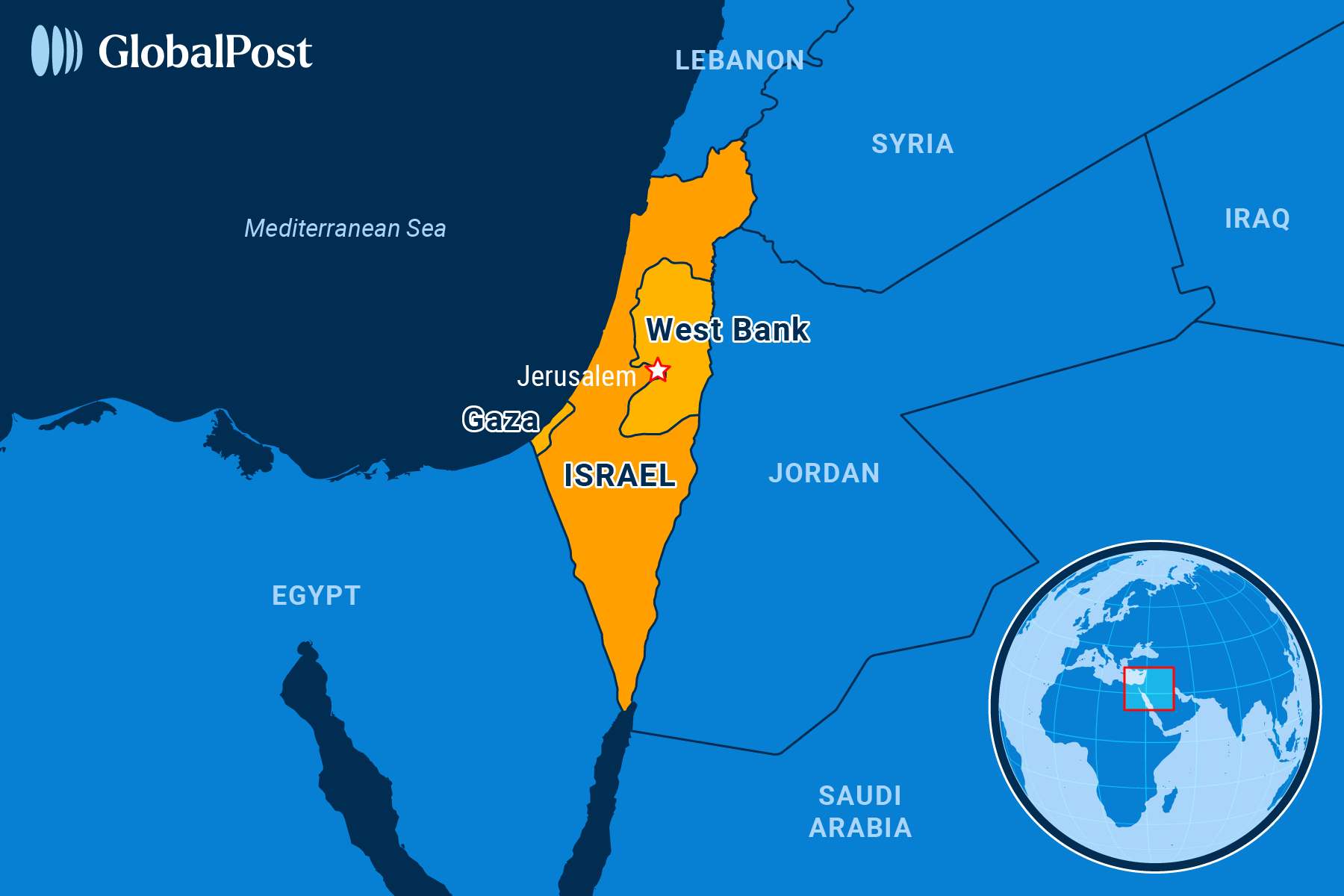A Landscape of Desperation

Organized armed gangs in the Gaza Strip are looting humanitarian aid meant for two million displaced people, hijacking convoys and reselling stolen goods on the black market, even as hunger reaches “catastrophic levels,” according to aid workers, transport companies and United Nations officials, the Washington Post reported this week.
The gangs – often tied to local crime families – have violently disrupted relief efforts, leaving much of the limited aid that enters the Palestinian enclave unusable for its intended recipients. For example, nearly 100 of 109 trucks carrying UN food aid were ransacked Saturday, with drivers injured and vehicles damaged, according to the Times of Israel.
The looting comes amid the ongoing Gaza war, which began after Hamas-led fighters launched an unprecedented attack on southern Israel on Oct. 7, 2023, killing 1,200 people and taking more than 250 hostages. Israel’s military response has devastated Gaza, killing at least 43,000 people, according to Palestinian health officials, and displacing 1.9 million. Gaza’s pre-war population was 2.1 million.
Concentrated in southern Gaza near the Kerem Shalom crossing controlled by Israel, the theft has transformed from desperate acts by civilians to a coordinated criminal enterprise, the Post wrote. The gangs are known to use weapons to hijack aid trucks, while operating openly in areas within sight of Israeli military posts.
UN officials alleged that some gangs receive tacit approval or even protection from the Israel Defense Forces (IDF), with one gang leader reportedly establishing a “military-like compound” in an area patrolled by Israeli troops, the Post wrote, citing UN memos.
The IDF denied these accusations, saying it has taken “targeted countermeasures” to protect aid deliveries. Israel told the UN Security Council last week that there was no risk of famine in Gaza.
Meanwhile, tobacco smuggling has fueled the rise of these criminal networks. Cigarettes – banned from entry into Gaza during the war – are trafficked through Egypt’s Sinai Peninsula and sold at $1,000 a pack, while becoming a form of currency.
UN agencies estimate $25.5 million worth of humanitarian supplies have been lost to looting over the summer alone.
In response to public outrage, Hamas has formed a new anti-looting force, named the “Popular and Revolutionary Committees,” Reuters added.
The group has killed more than 20 gang members in operations this month, aiming to restore order and secure aid distribution.
While critics of Hamas accuse the group of exploiting aid for its own purposes, observers note that its efforts have quelled looting in areas under its control. However, gangs remain active in Israeli-patrolled zones, with Hamas accusing Israel of deliberately fostering chaos by targeting Gaza’s civilian police.
Meanwhile, aid groups say the looting crisis has exacerbated Gaza’s dire humanitarian situation, with flour prices soaring to $100 per sack and widespread hunger gripping the population. The UN called the hunger situation unprecedented and warned of widespread famine.
Humanitarian officials have called on Israel to allow greater volumes of aid to enter the enclave, emphasizing that increased supplies could stabilize prices and reduce incentives for theft.

Subscribe today and GlobalPost will be in your inbox the next weekday morning
Join us today and pay only $32.95 for an annual subscription, or less than $3 a month for our unique insights into crucial developments on the world stage. It’s by far the best investment you can make to expand your knowledge of the world.
And you get a free two-week trial with no obligation to continue.
